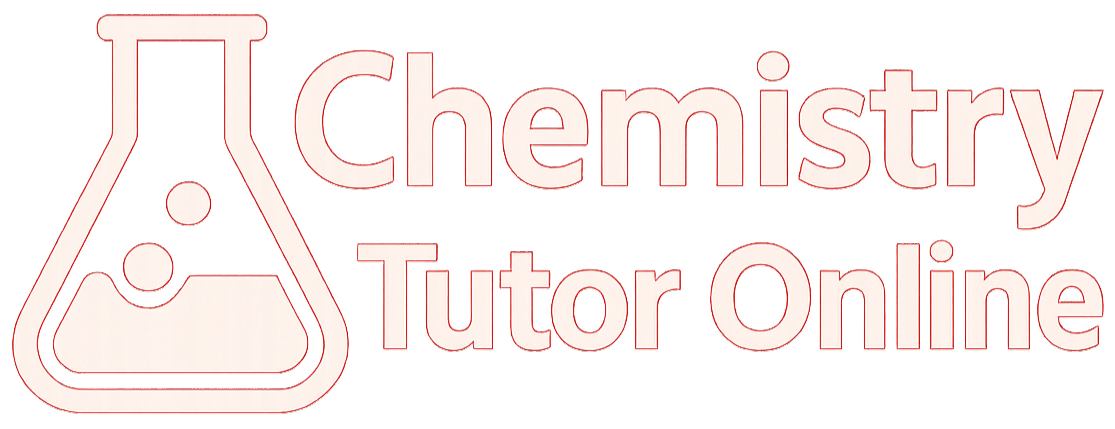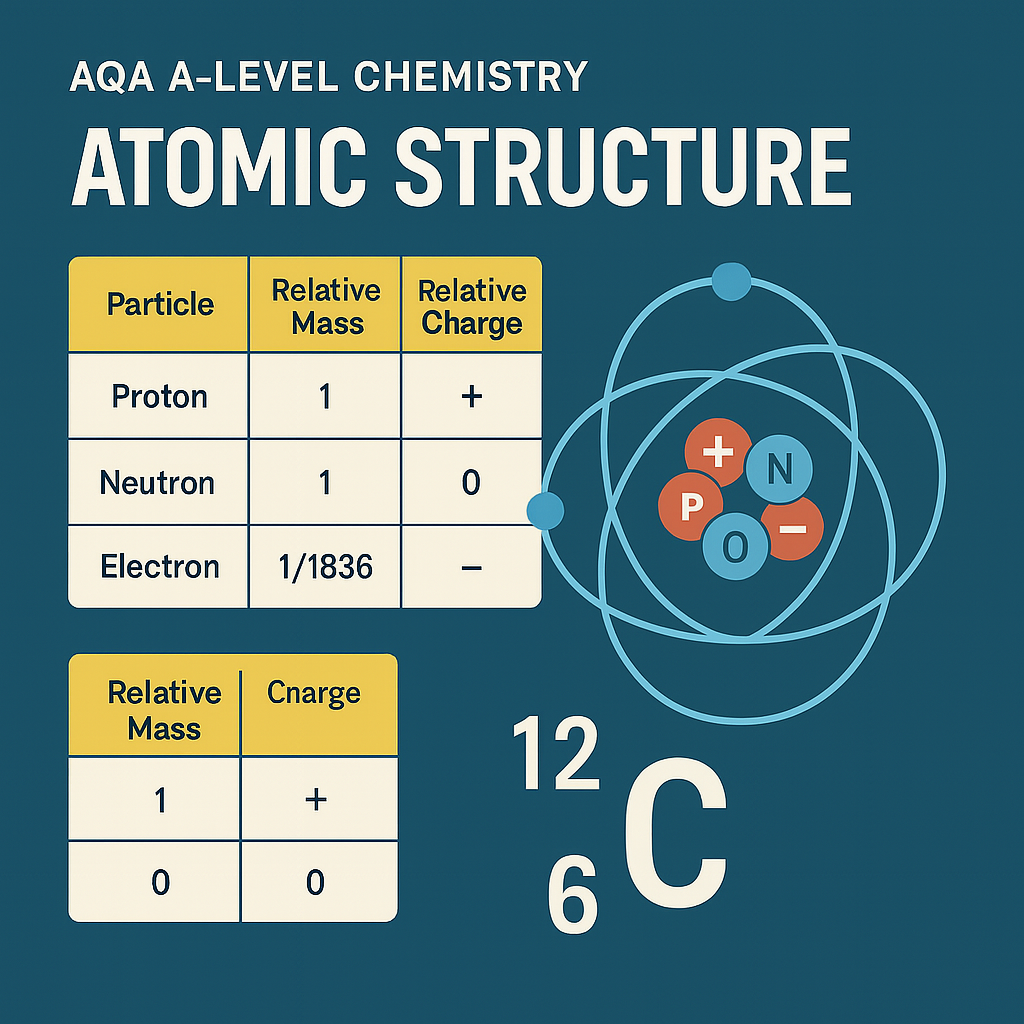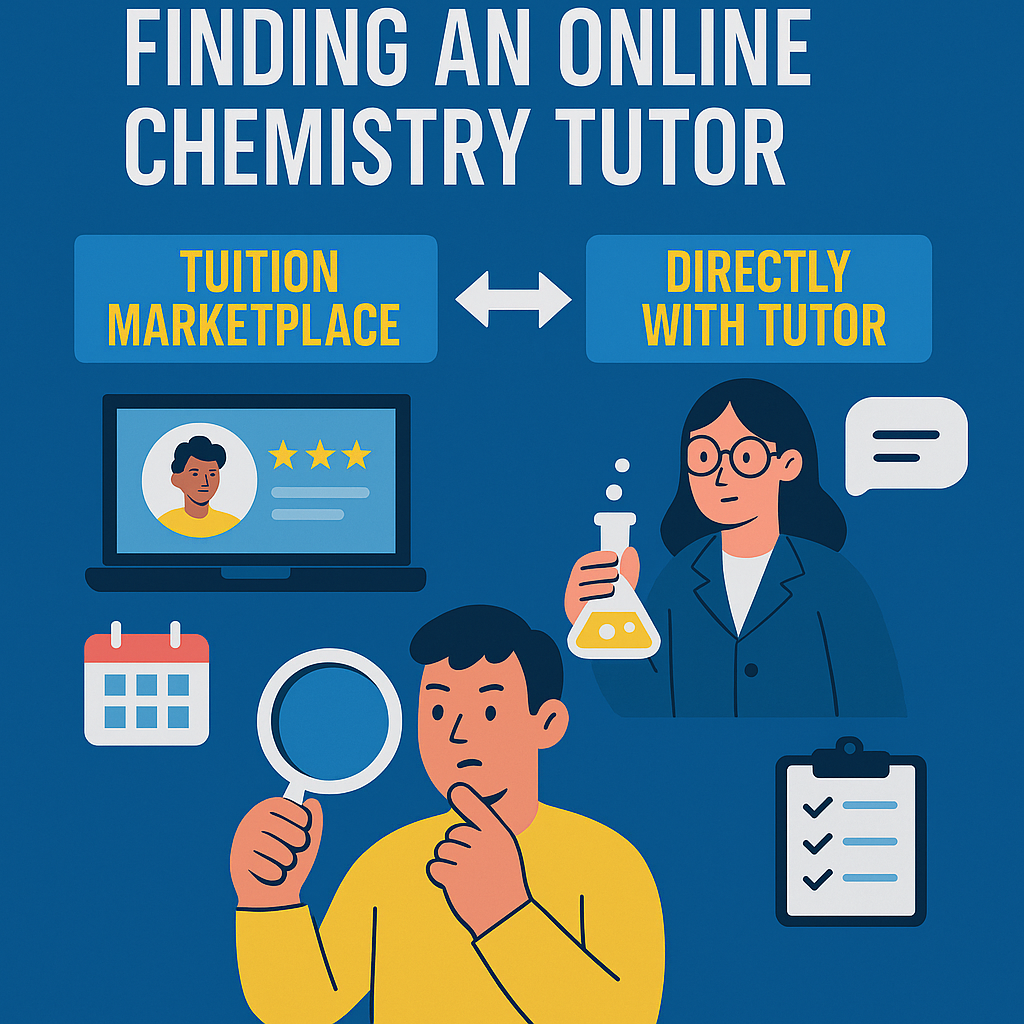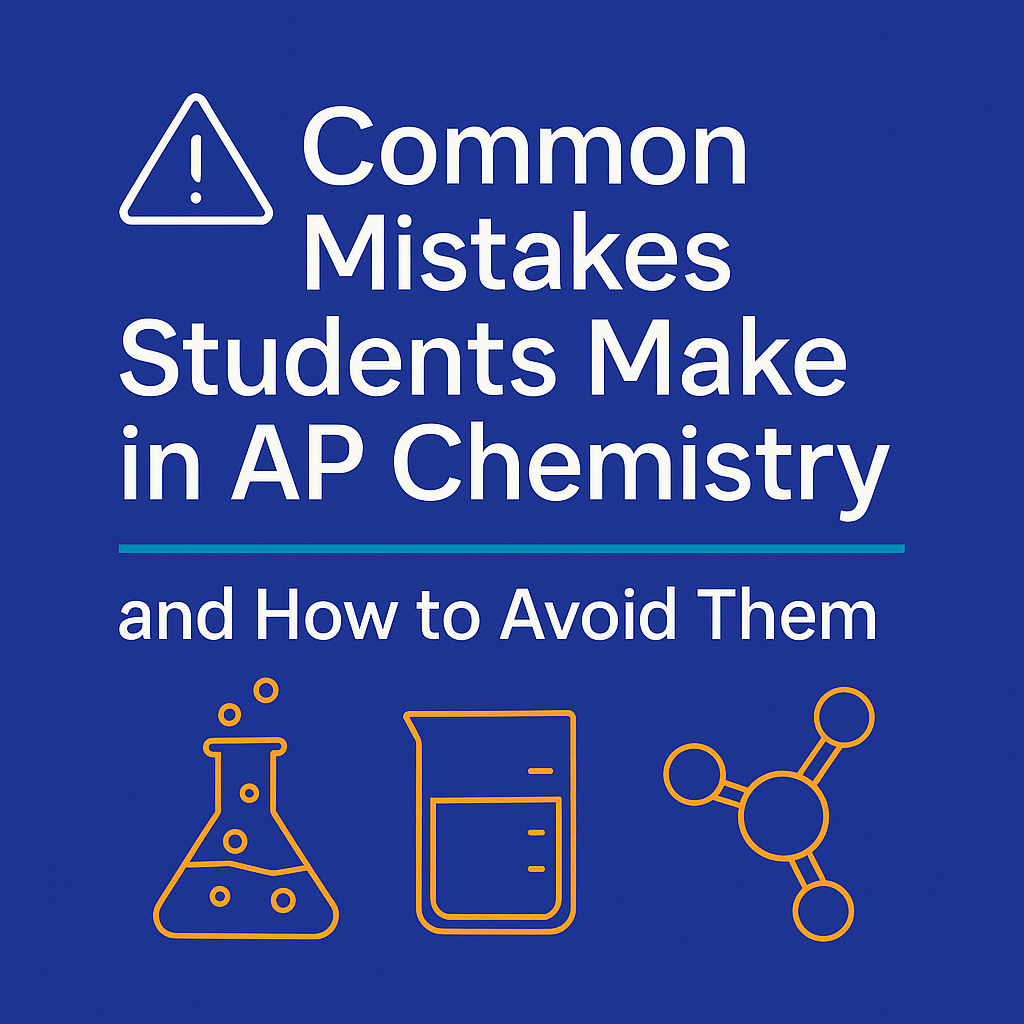When Is the Best Time to Start A-Level Chemistry Tutoring?
Waiting until mocks or panic season in Year 13 is common—but it means you're playing catch-up instead of building confidence and mastery.
Choosing to get tutoring support for A-Level Chemistry is a smart investment—whether your goal is to build confidence, stay on track, or secure an A*. But one question that often arises for both students and parents is:
“When is the right time to start?”
Start too early, and you might worry you’re being overcautious. Start too late, and the stress of catching up can dampen motivation. So what’s the ideal timing for tutoring to have the most impact?
This blog breaks it down by academic stage, performance level, and personal circumstances—so you can make an informed decision that suits your goals and gives you the best chance of success.
Why A-Level Chemistry Needs a Head Start
A-Level Chemistry is a big leap from GCSE. Students often underestimate:
The depth of understanding required
The mathematical and practical demands
The cumulative nature of topics (organic chemistry builds throughout the two years)
The exam technique needed to achieve high marks consistently
Because of this, many students feel overwhelmed within the first term. Topics like atomic structure, bonding, or organic mechanisms come fast—and missing foundational understanding early on can lead to struggles later.
So when is the best time to start tutoring? The answer depends on where you’re starting from and where you want to go.
Option 1: Starting Before Year 12 (The Summer After GCSEs)
Ideal for:
High-achieving GCSE students who want to hit the ground running
Students hoping to study medicine, dentistry, or science at university
Anyone who found GCSE Chemistry challenging and wants a smoother transition
Benefits:
Build familiarity with A-Level content (atomic structure, orbitals, bonding)
Brush up on key GCSE concepts that underpin A-Level (moles, equations, bonding)
Learn how to take notes, organise revision, and use active recall from day one
Avoid the “shock to the system” that often hits in September
Potential structure:
4–6 summer sessions focusing on pre-learning + study skills
Optional bridging packs or light assignments between lessons
🎓 Starting early doesn’t mean full-on tutoring over the holidays—it’s about building comfort and confidence with the subject.
Option 2: Starting in Term 1 of Year 12 (September–October)
Ideal for:
Most students starting A-Level Chemistry
Anyone who wants to build strong habits and understanding early
Students who aren’t struggling yet—but want to stay ahead
Why it’s effective:
Helps reinforce and deepen the early Year 12 topics (e.g. atomic structure, bonding, redox)
Builds exam technique from the beginning (so it’s second nature by Year 13)
Prevents confusion or misconceptions from taking root
Enables tutors to establish a strong rapport before pressure builds
This is the most strategic time to begin for students who want long-term success without panic revision later.
⏰ An hour a week in Term 1 can prevent 4–5 hours of catch-up tutoring during mock season.
Option 3: Mid-Year Start (January–February of Year 12)
Ideal for:
Students who realise they’re starting to fall behind
Those with weak or inconsistent test results
Anyone lacking confidence or struggling with exam technique
Mid-Year 12 is when many students first feel the weight of A-Level Chemistry. Mock exams, deeper organic chemistry, and abstract topics like energetics and rates of reaction become more complex.
Risks of waiting too long:
Gaps from earlier topics compound
Stress levels rise
Panic replaces progress
But with the right tutor, you can:
Revisit key content quickly
Develop systems for independent study
Still make excellent progress by Year 13
The danger here isn’t the student’s ability—it’s letting small struggles become big obstacles.
Option 4: Starting at the Beginning of Year 13 (September)
Ideal for:
Students who did okay in Year 12 but want to push for higher grades
Those planning to apply to competitive university courses (medicine, Oxbridge, etc.)
Students who struggled in Year 12 and need to rebuild from the ground up
The challenge:
You’re revising Year 12 and learning Year 13 topics at once
The pressure from UCAS deadlines and mocks is already looming
Without a clear structure, students feel overwhelmed fast
With structured tutoring, this can still work well—if you start early in the term. Focus should be on:
Topic prioritisation (fill gaps first, then layer on new material)
Exam strategy (target common question types and mark schemes)
Weekly accountability to manage the volume of content
💡 It’s never too late to start—but the earlier in Year 13, the better.
Option 5: Starting Close to Exams (March–May of Year 13)
Ideal for:
Students who haven’t had tutoring before but urgently need help
Panic-mode situations: poor mock grades, predicted grade is below target
Focused revision: targeting Paper 1 or Paper 2 specific topics
This is the least ideal time to begin tutoring, but it’s still salvageable with the right tutor and attitude.
Expect:
Intense sessions (1–2 per week)
Focused work on exam questions, techniques, and time management
Less content-teaching, more exam-readiness
Important:
Progress is possible, but it’s reactive, not proactive
The focus shifts to performance, not mastery
Often needs to be paired with independent daily revision
🚨 If you’re in Year 13 and still unsure—don’t wait. A short delay now can cost you a grade later.
Which Start Time Matches Your Goals?
Goal vs Best Start Time
Get ahead and feel confident from the start —-> Summer before Year 12
Stay consistently on track—-> September of Year 12
Fix knowledge gaps and build exam skills —-> Jan–Feb of Year 12
Boost performance and secure top grades —-> Early Year 13
Rescue a slipping grade before exams —-> March–May of Year 13
What About Changing Tutors Mid-Year?
It’s okay to change tutors if things aren’t working. Whether it’s due to poor fit, inconsistent progress, or lack of communication—you’re not locked in.
A good tutor will:
Run a quick assessment
Establish current level and goals
Set a clear plan for moving forward
So even if you’ve started tutoring late or with someone else, a change can still lead to excellent outcomes.
For Parents: How to Support the Timing Decision
As a parent, it’s tempting to jump in early or wait and see—but the best approach is to stay in tune with your teen’s experience.
Questions to ask:
How confident do you feel in Chemistry right now?
Are you understanding the lessons in school?
How are your scores on class tests or homework?
Do you feel like you could explain a recent topic (e.g. moles, bonding) to someone else?
And if your teen isn’t sure, it’s better to start with a trial session than wait for things to go wrong.
🧠 Tuition is most powerful when it prevents a problem—not just fixes it.
Final Thought: The Best Time to Start?
The best time to start A-Level Chemistry tutoring is:
When the student is open to support
When the tutor has time to build a strong foundation
When there's enough time left before exams to apply learning, not just cram content
In most cases, that means:
Summer before Year 12
September of Year 12
January at the very latest
Waiting until mocks or panic season in Year 13 is common—but it means you're playing catch-up instead of building confidence and mastery.
Ready to Get the Timing Right?
Dr. Marguerite Quinn is a PhD-qualified Chemistry tutor with over 3,470 hours of experience helping A-Level students succeed—whether they start early or need support fast.
Book a 15 mins consultation to discuss where you are, where you want to be, and how tailored Chemistry tutoring can help you get there.





Understand AQA A-Level Chemistry Section 3.1.1.2 on mass number and isotopes. Learn key definitions, isotope notation, calculations, and how this topic builds your scientific and exam skills.